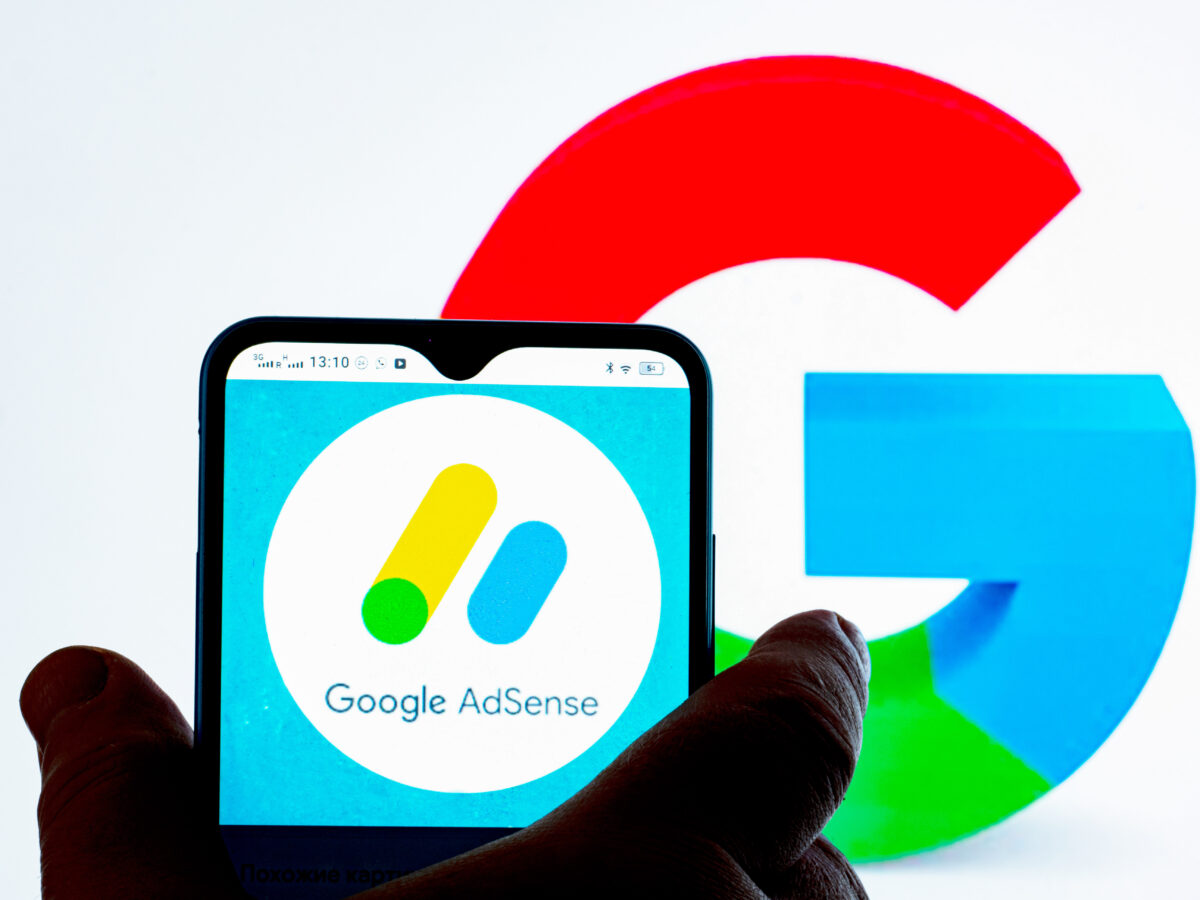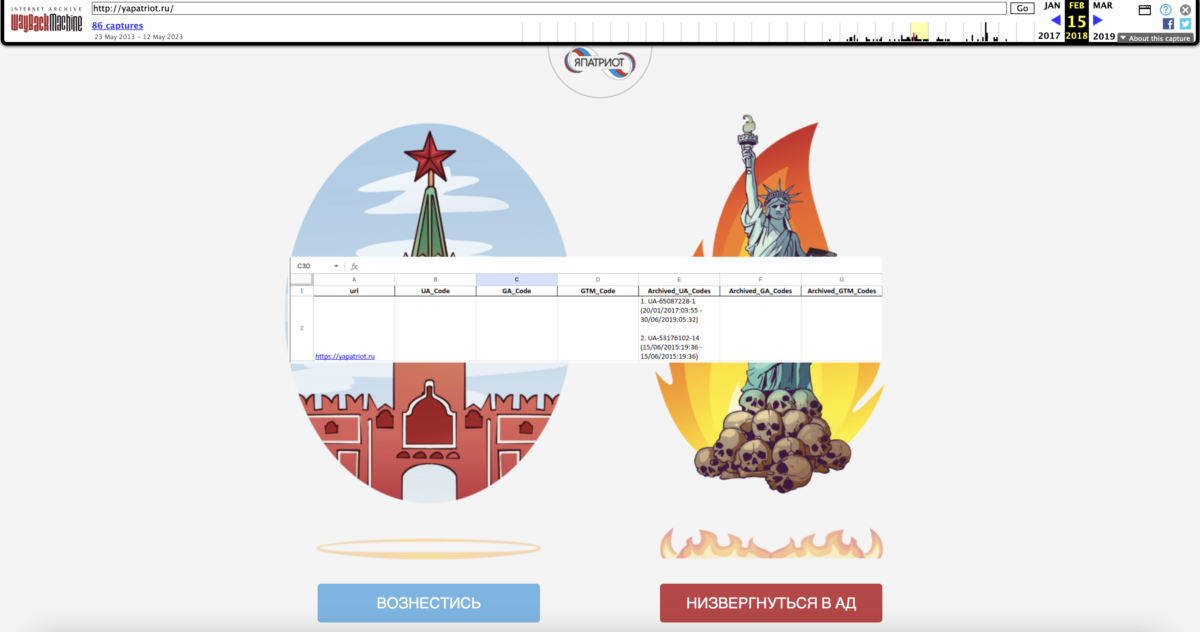Indian Sites Spreading Harmful Disinformation Are Earning Money Through Google’s Ads
In August 2022, four Muslim men were arrested after they were accused of causing deadly floods that hit the north-east Indian state of Assam.
A barrage of comments on social media claimed that they were waging “flood jihad” in the Hindu-majority city of Silchar by deliberately damaging flood defences, but the police found no proof of this. Investigations by the BBC and Indian fact-checking outlet Alt News also found these claims to be false at the time. (Disclaimer: this author used to work for Alt News.)
Yet, at least four websites not only continue to carry stories about the debunked conspiracy theory, but also to profit from them through advertisements placed on those articles. Through Google’s AdSense programme, these online publishers are estimated to earn $10-$20 for every 1,000 views on these stories – even while Google has actively promoted its efforts to fight online disinformation and a policy against hateful conduct.
Bellingcat searched on Google for articles published between 2022 and 2024 that repeated 17 falsehoods that had previously been debunked by International Fact Checking Network (IFCN)-accredited organisations or Alt News, a leading fact-checking website in India, and that fit Google’s definition of “hate speech”.
We manually checked articles to find those that repeated the hateful disinformation as fact, instead of debunking it. In total, we found 53 unique websites, including 21 media outlets, carrying 91 active articles repeating these statements.
Google confirmed that 44 of these websites – many of which are well-known within India’s disinformation and hate ecosystem – were actively monetising 72 of the articles we identified by runnings ads through the AdSense programme.
This is likely to be the tip of the iceberg: our data only includes articles containing debunked disinformation in English, with a small portion in Hindi. Our search was also limited to sites we found indexed on Google. In all likelihood the universe of websites making money in this manner could be much larger.
(Editor’s note: We are not sharing our full dataset of sites and articles containing hateful disinformation to avoid amplifying this content. However, if you are a journalist or researcher who is interested in obtaining this, please email Pooja Chaudhuri at pooja@bellingcat.com.)
Real World Impacts
As in the “flood jihad” case, disinformation in India is frequently used to target minorities and plays on insecurities of the mainstream Hindu population. Its proliferation especially through media outlets with a wide reach can have real world impacts, such as the arrests of innocent people and promoting hate against certain groups.
For example, 16 Muslim men were arrested in 2021 under sedition and national security charges after a video was shared with the claim that they raised slogans praising Pakistan – with whom India has a fractious relationship – at a religious celebration in the city of Ujjain. Although Alt News debunked these claims, finding that the crowds were instead chanting to welcome a local leader, numerous websites continue to carry the disinformation. At least 17 of them, including eight media outlets, feature active Google ads.
Bellingcat asked Jaskirat Singh Bawa, Global Head of Editorial Operations at Logically Facts, an IFCN-accredited fact-checking organisation, about the role of media in the disinformation ecosystem in India.
“It is definitely disheartening to see publications with the means and the wherewithal to have a wide reach and amplification being irresponsible with the content that they sometimes put out there… whether this is being driven by political motivations, or whether it's being driven by greed to get more revenue based from ad clicks, we don't know,” he said.
Google’s Contradictory Approach
In theory, Google does not allow content that incites hatred against, promotes discrimination of, or disparages an individual or group on the basis of their race, ethnic origin or religion. Google also requires publishers to adhere to similarly worded publisher policies which further prohibits content “associated with systemic discrimination or marginalisation” across all of its products, and has invested a significant amount in fact-checking initiatives.
But in reality, disinformation continues to appear both on the company’s search engine and the sites that its ads appear on. Google has said that it neither removes nor downgrades content on its search engine based on fact-check reports because it “does not endorse any of these fact checks”. And as our investigation has found, the company's ads continue to generate revenue for the very sources spreading harmful disinformation.
The company said that it has historically removed all ads from a publisher’s site for most policy violations. However, in 2017 it rolled out a page-level policy action for publishers that involved removing ads from individual articles, and only taking sitewide action if violations reach a specific undisclosed threshold.
When asked about Google ads being placed alongside articles promoting hateful disinformation in India, a Google spokesperson said: “Protecting users is our top priority and we do not allow ads on content which incites hatred against, promotes discrimination of or disparages an individual or group on the basis of their race or ethnic origin, or religion. When we find content that evades our detection we take immediate action and remove ads from serving.”

Google added that a majority of the articles containing hateful disinformation, which had been debunked by known fact-checking organisations, did not violate its policies and those which did were blocked from serving ads. It did not share a list of the blocked pages with us when asked.
Furthermore, the ads were on individual articles and not from entire websites despite the presence of "serial offenders" including OpIndia – one of the most prominent far-right websites in India – in our dataset. Google continued to serve us ads on OpIndia articles after we had flagged them as containing hateful disinformation.
Google is listed as a vendor on the ads.txt file of a majority of websites in our dataset. The ads.txt file, which is commonly provided by websites that feature programmatic advertising, lists vendors authorised to sell or resell the website’s ad inventory. The file may not always be updated to show the most recent active vendors.
Google said that two out of the 46 websites that we found to be running digital ads do not monetise with AdSense. But by providing services to 44 of them, Google remains the largest ad services provider in our dataset.
Arielle Garcia, Director of Intelligence at digital advertising watchdog Check My Ads, told Bellingcat that it made sense to expect platforms like Google, which are being paid to monetise content, to do due diligence on their customers. “There's precedent for this in other industries,” she said.
Other Advertisers
Several other ad tech companies are also helping such content to generate revenue. Bellingcat was served ads by two other programmatic advertising providers, Taboola and iZooto, on an article falsely linking a Muslim student protestor to the terrorist group Al-Qaeda. The website running these ads – Newstrack Live – has listed New York-based Taboola as a direct vendor. Neither Taboola nor iZooto had responded to our requests for comment by publication.
The same false information was carried by OpIndia which listed Microsoft’s AppNexus, and Indexexchange as authorised vendors in its ads.txt. A Microsoft spokesperson told us that the company was “investigating this report and will take appropriate action where necessary in accordance with our platform policies”. It did not elaborate on what this “action” may entail. Indexexchange did not respond to our email.
Bellingcat reached out to OpIndia, The Frustrated Indian, and other publishers named in this piece for comment. As of publication, none of them had responded.
Brands In The Dark?
Unlike traditional digital advertising, where companies purchase ad space on specific websites, programmatic advertising schemes such as Google’s AdSense use algorithms to automatically determine which ads are placed on which websites.
This means that advertisers are often in the dark about their brands appearing alongside hateful, or false, information.
From July to August 2024, Bellingcat was served ads for e-commerce website Temu, web hosting company Bluehost, Easy View, a browser extension, and Joyalukkas Jewelry while viewing articles about the 2022 “flood jihad” conspiracy on four websites.
One of them, The Frustrated Indian, claimed that the Assam floods were a “new form of jihad against kafirs”. Kafirs is a term, often used in a derogatory context, referring to non-believers in the Islamic God. Another website, Sanatan Samachar, referred to Muslims as “devils” who are always on the lookout for opportunities to create havoc.
We reached out to the companies informing them that their ads were appearing next to an article promoting hate against Muslims in India.
Temu was the only company that responded to our email. It removed its ads from Sanatan Samachar and three other websites – Newstrack, OpIndia and Jaipur Dialogues – which had also published other hateful disinformation stories related to India that we pointed out to them.
“We were unaware that our Google ads were appearing on the websites you mentioned. We do not operate in India, and this situation occurred without our knowledge. We have taken immediate action to prevent our ads from appearing on these websites by adding them to our negative list. We are committed to ensuring our ads are not associated with disinformation or hateful content and will act promptly to rectify any such situation,” it said.
Apart from Temu, insurance company Hiscox, online marketing company Constant Contact and travel website Expedia also said that they blocked OpIndia from displaying their ads after we reached out to them.
Google Ads policy page says that advertisers can opt out of appearing on websites or content they do not align with. “Content exclusion settings let you (advertisers) opt out of showing your ads alongside certain categories of websites, videos, and mobile apps that may not be appropriate for your brand or serve your advertising goals,” it says.
But according to Garcia, this is not easy for advertisers. “The issue here is that advertisers simply do not have access to all of the information that they need in order to actually check their ads. It's incredibly difficult for them to get access to log level or impression level data from the platform,” she said.
“If brands are given control of where their ads run, and transparency into where their ads run, then it turns off the spigot that is feeding those sites,” Garcia added.
However, Bawa from Logically Facts said he believed that brands needed to share responsibility for funding hateful content. “This is not an ad tech problem alone ... We often do see statements where the brands say that they don't want to attach their name to such kind of content, but I don't think there's an actual disincentive for them to take a stand and also pressure ad tech platforms,” he said. “I think it's only when they get caught [that] both the advertisers and the platforms actually step up.”
Bellingcat is a non-profit and the ability to carry out our work is dependent on the kind support of individual donors. If you would like to support our work, you can do so here. You can also subscribe to our Patreon channel here. Subscribe to our Newsletter and follow us on Twitter here and Mastodon here.


